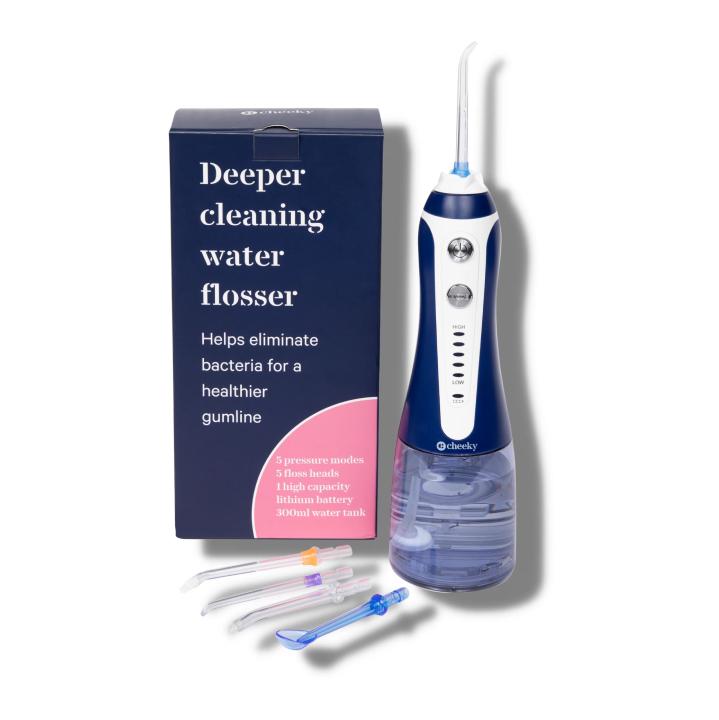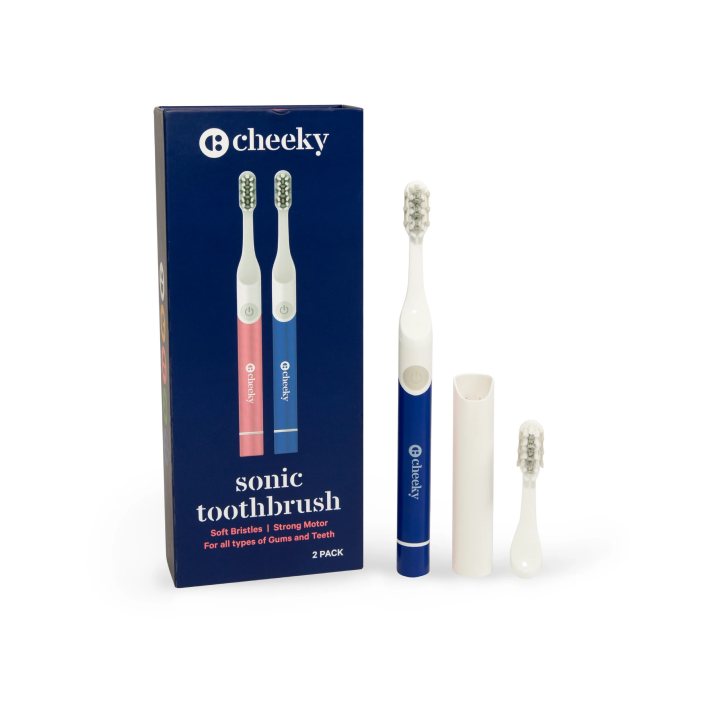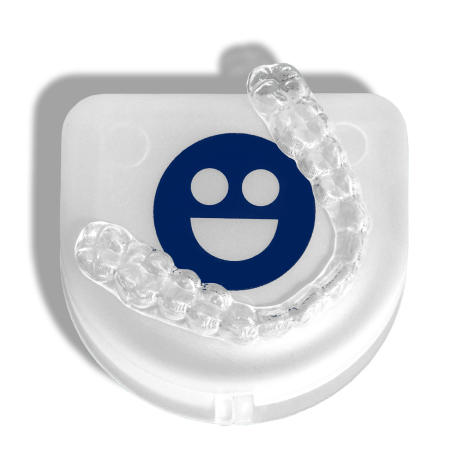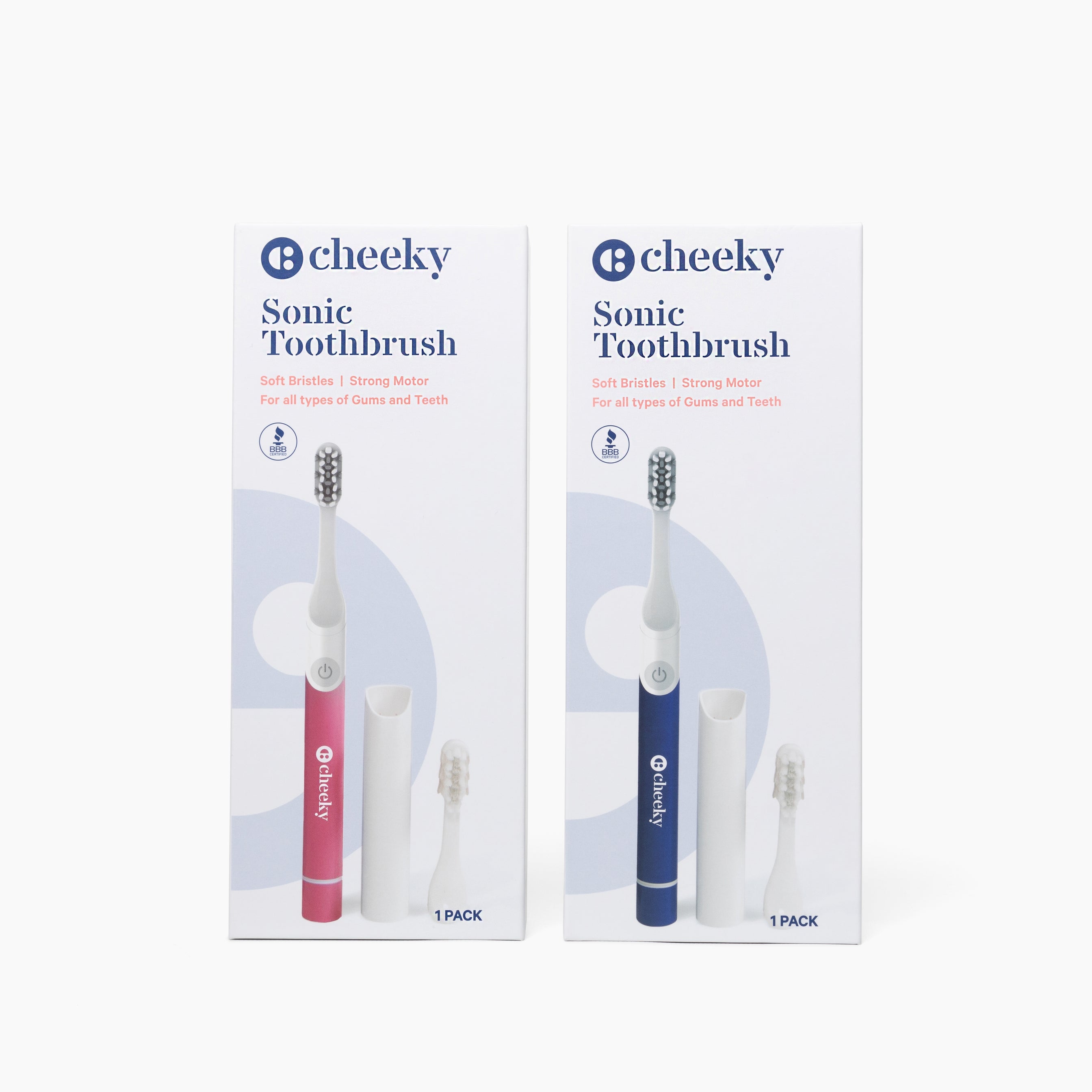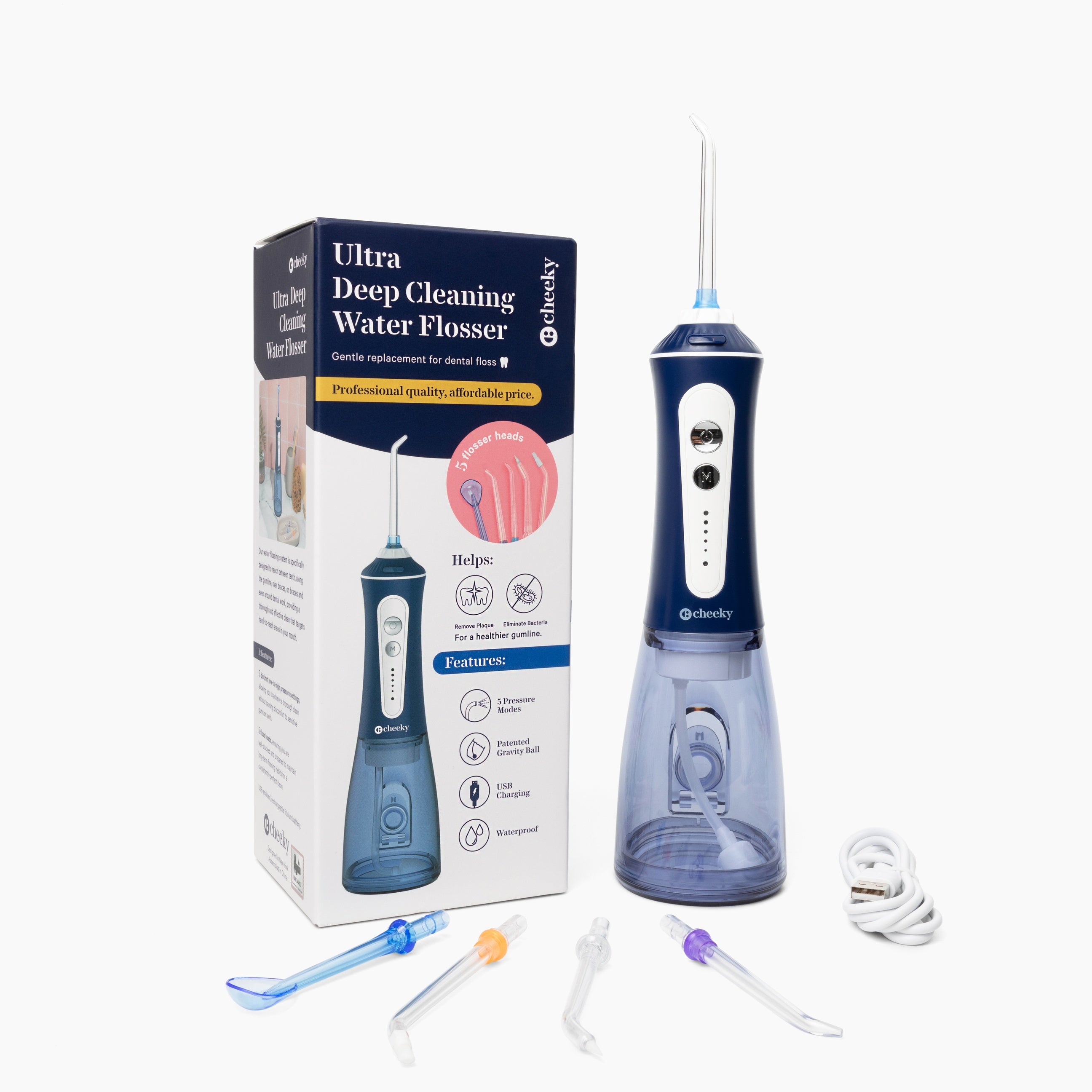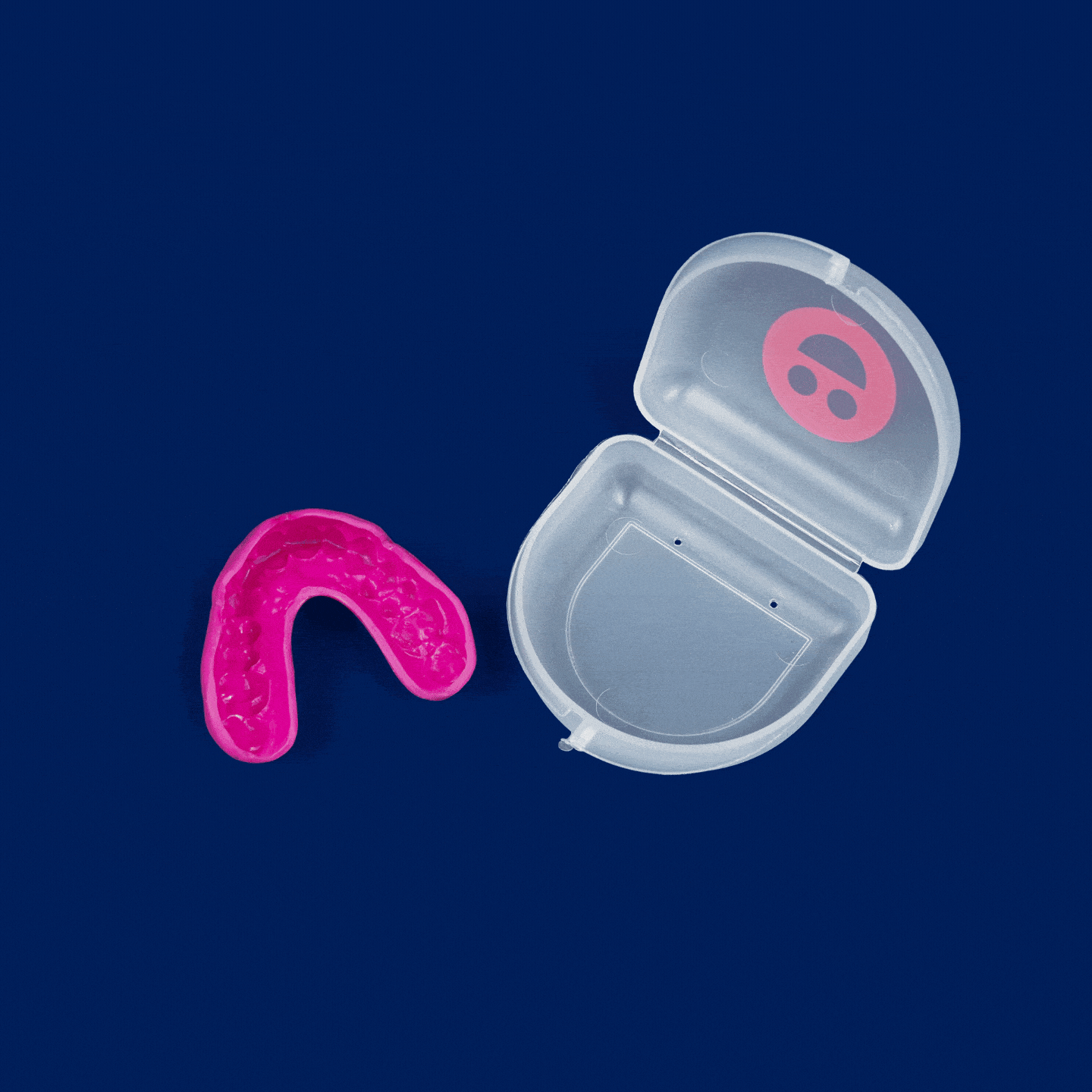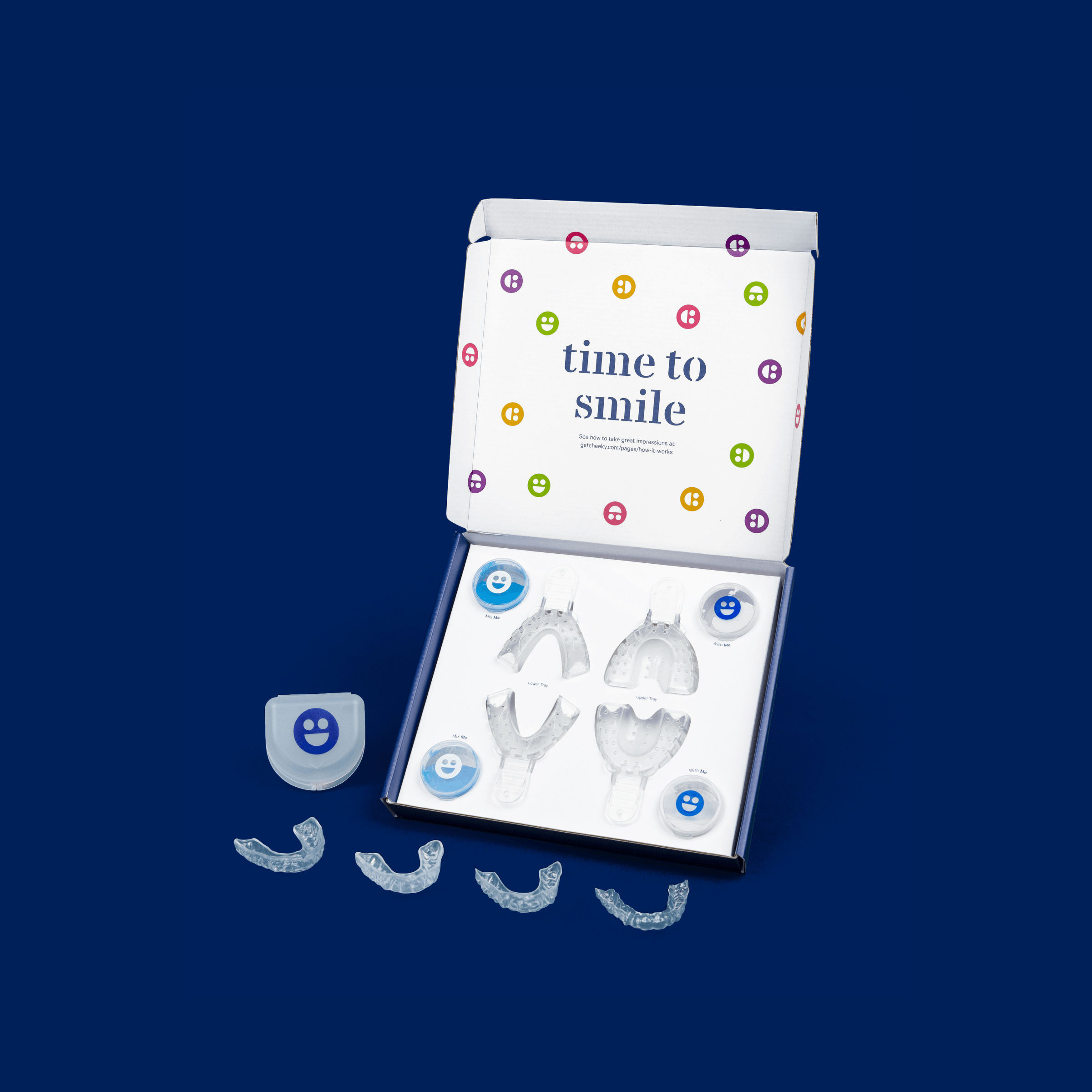Teeth grinding, also known as bruxism, is a common dental condition that affects many individuals. While various factors contribute to this habit, stress is often identified as a significant trigger. In this comprehensive guide, we will explore the link between stress and teeth grinding, understanding how stress impacts oral health and exploring effective management strategies. Discover how night guards, custom-made oral appliances, can provide relief from bruxism symptoms, protect your teeth, and promote better sleep. If you're seeking ways to manage teeth grinding caused by stress, this guide is here to help.
Understanding Bruxism and Its Causes
Before delving into the relationship between stress and teeth grinding, let's first understand the basics of bruxism. Bruxism involves the involuntary grinding, clenching, or gnashing of teeth, typically occurring during sleep but also potentially during wakefulness. While the exact causes of bruxism are not fully understood, several factors contribute to its development, including stress, anxiety, sleep disorders, and dental abnormalities.
The Impact of Stress on Oral Health
Stress affects various aspects of our overall well-being, and oral health is no exception. Chronic stress can lead to increased muscle tension, including the jaw muscles, which can trigger teeth grinding episodes. The excessive pressure and friction exerted on teeth during bruxism can result in enamel wear, tooth fractures, jaw pain, headaches, and other related symptoms. Recognizing the connection between stress and oral health is crucial in addressing and managing teeth grinding effectively.
Stress Management Techniques
To mitigate the effects of stress-induced bruxism, it is essential to incorporate stress management techniques into your daily routine. Engaging in stress management techniques, such as mindfulness meditation and deep breathing exercises, can help reduce overall stress levels. Additionally, practicing relaxation techniques, finding hobbies that promote relaxation, and ensuring adequate sleep are crucial for stress reduction and managing bruxism. By incorporating these stress management strategies, individuals can alleviate the symptoms of teeth grinding caused by stress.
Introducing Night Guards for Bruxism Relief
Night guards, custom-made oral appliances, play a crucial role in managing teeth grinding caused by stress. These night guards create a protective barrier between the upper and lower teeth, preventing direct contact and reducing the negative effects of bruxism. By wearing a custom-made night guard during sleep, individuals can effectively protect their teeth from wear and fractures caused by grinding and clenching. Night guards provide a cushioning effect, absorbing the impact of these motions and minimizing the damage to teeth and jaw joints. Consulting with a dental professional is essential to obtain a properly fitted and personalized night guard for optimal bruxism relief.
How Night Guards Help Manage Stress-Related Bruxism
Night guards provide several benefits in managing stress-related bruxism. Firstly, they act as a cushion, absorbing the impact of grinding and clenching, thereby protecting teeth from wear and fractures. The custom fit of night guards ensures a comfortable resting position for the jaw, helping to relax the jaw muscles. By reducing muscle tension, night guards alleviate jaw pain and headaches associated with bruxism. Additionally, the use of night guards can promote better sleep quality by minimizing disruptive teeth grinding noises and allowing for more restful sleep. Managing stress-related bruxism with night guards provides individuals with a practical and effective solution for protecting their teeth and maintaining overall oral health.
The Easy Way to Take Care of Bruxism and TMD
Cheeky makes it easy and affordable to say sayonara to the pain and tension accompanying TMD and bruxism. Our custom nightguards will give you the best night of sleep you’ve had in months.
Pick your plan and customize your nightguard with Cheeky today.
